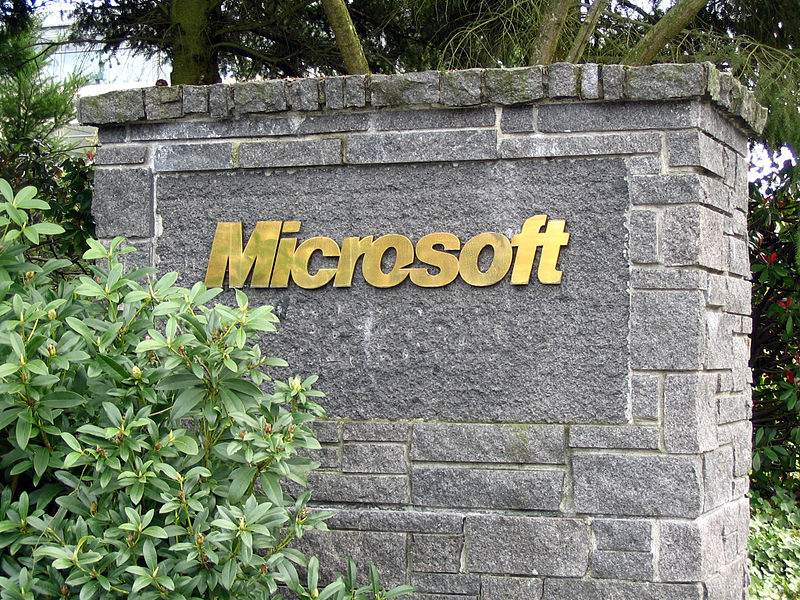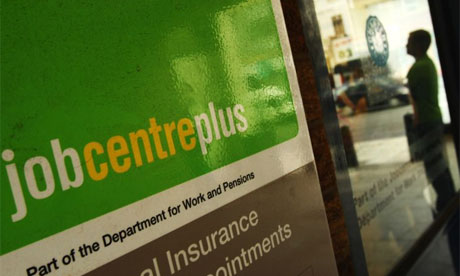
For the sake of Israel, the attack on Gaza must stop
Tuesday, 06 Jan 2009 02:01
Liberal Democrat foreign affairs spokesman
Ed Davey MP writes on the Israeli-Hamas conflict on
inthenews.co.uk.
A true friend is someone who's prepared to tell you when you're wrong or you've made a mistake – even when they know that message may not immediately help your friendship. With its current massive attack on Gaza, Israel is clearly wrong. Worse still, it's in danger of making a historic mistake.
In criticising Israel's bombing, no-one is making light of the rocket attacks its civilians have endured for months by Hamas – even during the ceasefire. Nor do I question Israel's right to defend herself. Yet the rationale for the attack put forward by the Israeli government – that it will change fundamentally the security situation in the south of Israel – repeats one of the classic errors of too many modern military tacticians, in supposing that populations, be they terrorists or civilians, can be defeated this way. The truth is, this attack plays into the hands of Hamas, as it will rally support for it within Gaza and across the Arab and wider Muslim world.
Some commentators have suggested that Hamas' Palestinian rivals, Fatah, could benefit from the damage being done to Hamas, and that this will therefore bring a peace settlement closer. Quite the contrary. The Palestinian Authority on the West Bank could be seriously undermined by this carnage, and its negotiating team may find it more difficult to return to the table without risking its own credibility and remaining legitimacy, even when the dust has settled. The ferocity of the Israeli assault could result in the radicalisation of more moderate Palestinians.
After all, despite real progress behind the scenes with the current peace talks, as I found during a visit last November to the West Bank, the Annapolis peace process has in public delivered little, with illegal Jewish settlements increasing in the occupied territories and with economic and security gains for West Bank Palestinians only modest to say the least. No-one on the streets of Ramallah or Nablus had yet placed any hope in the strenuous negotiating efforts of president Mahmoud Abbas and prime minister Salam Fayyad. Now fewer people will think they should be negotiating anyway.
So why has Israel attacked now? For the same reason that successive sensible governments have failed to stop illegal settlements on the West Bank: the fragility and fragmentation of Israeli politics. Just as religious parties crucial to Knesset coalitions have been bought off with subsidies and inaction on settlers, so with an election just a few weeks away, the current government felt compelled to act now, in the face of Hamas' Qassam rockets. Behind in the polls before the bombardment began, the signs of a electoral bounce are already there. Kadima's diplomatic strategy, including impressive restraint in the face of provocation, has switched to military tactics, in the fear of voter rejection.
Indeed, the question of timing is critical to understanding this current outbreak of killing. Israel will argue that their attack was forced upon them now, as after the ending of the recent ceasefire, the rocket attacks on their towns increased. And they have a point. Yet, without for a millisecond condoning the latest wave of rockets, surely there was an inevitability that a terrorist organisation like Hamas would do that, especially with the Knesset elections set for February. Surely true political leadership – as Tzipi Livni showed in rejecting impossible conditions for continuing Kadima's governing coalition demanded by Shas, one of the religious parties – now required a diplomatic facedown of the rockets, with demands to the international community to back that political courage.
By provoking an attack now, Hamas has copied Hizbullah's tactics in Lebanon, and may end up winning a similar tactical victory, with rocket attacks continuing and the IDF looking fallible once again. Since the Israeli government is too smart not to have predicted this, the truth must be that they were compelled by electoral calculations. No other explanation fits the fact that this assault is almost certain to prove counterproductive for Israel.
So that's why Liberal Democrats are right not just to join in the widespread calls for ceasefires, but to seek action to bring that about. With the US hobbled by their presidential transition, we need the EU to flex its muscles, and suspend the proposed new EU-Israeli cooperation agreement. How could the EU "upgrade" its relations with Israel at this moment? And we need the UN security council to debate a resolution, under chapter seven, instructing both sides to ceasefire. Given the US agreed to a security council press statement calling for such just three days ago, there is even a chance that the US may not veto a resolution requiring Israel to stop firing.
[Last week's] EU proposals for a ceasefire and a delegation to the region are helpful. Yet in the face of this type of self-delusion, we need more teeth.
 An artist and photographer was arrested last week in London as he was taking photos of Elephant and Castle. He was deemed an "unnacceptable security risk".
An artist and photographer was arrested last week in London as he was taking photos of Elephant and Castle. He was deemed an "unnacceptable security risk".






